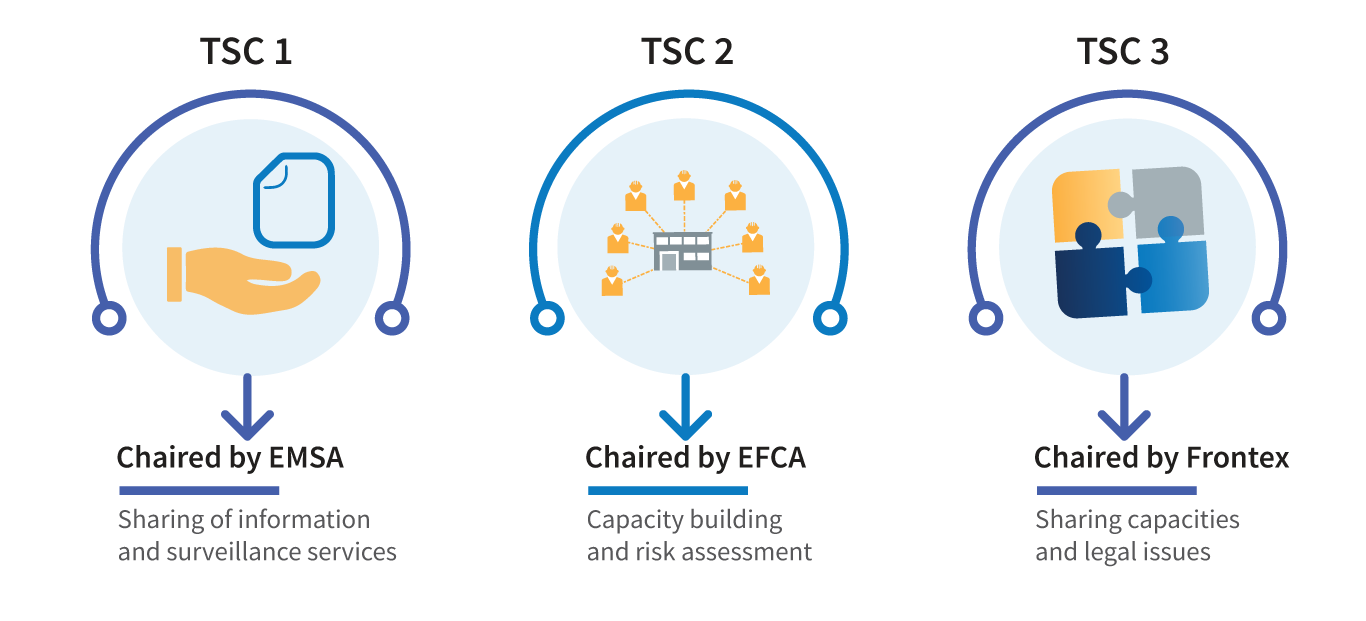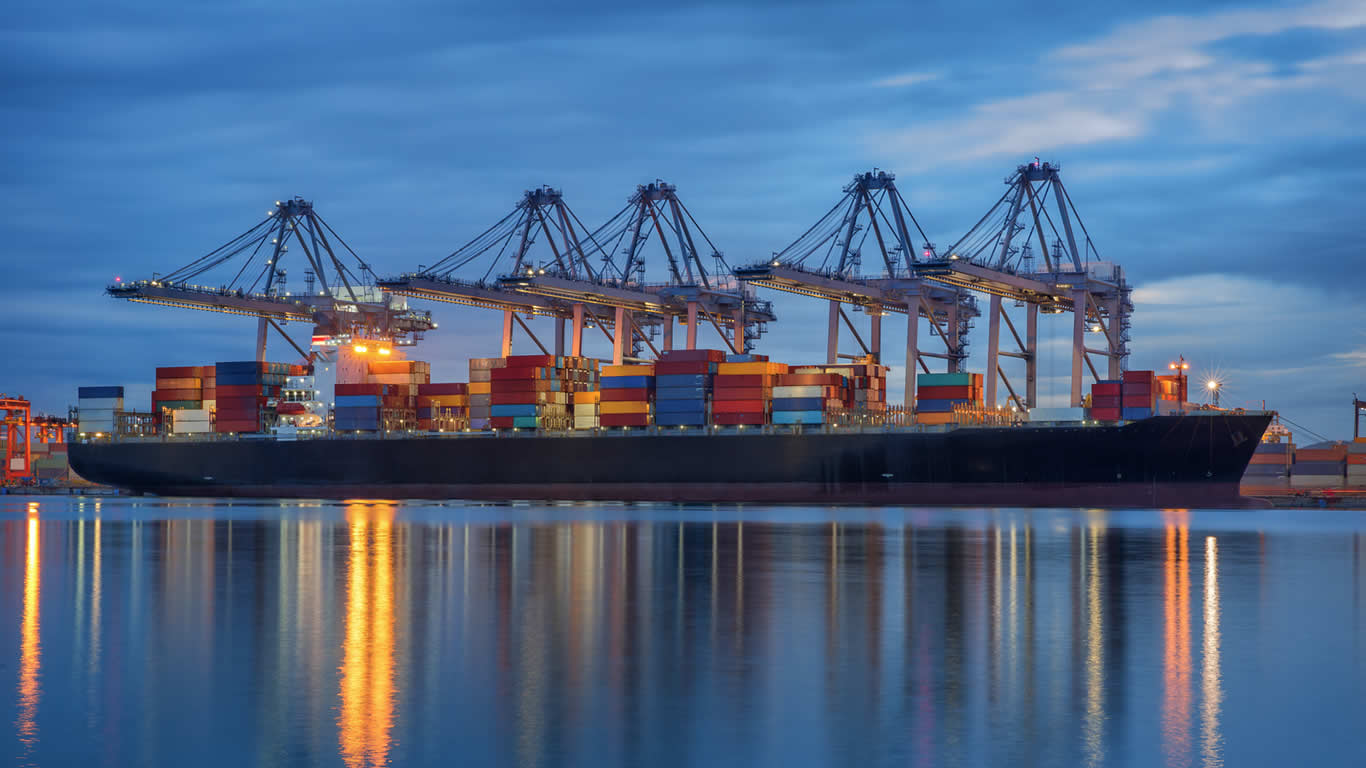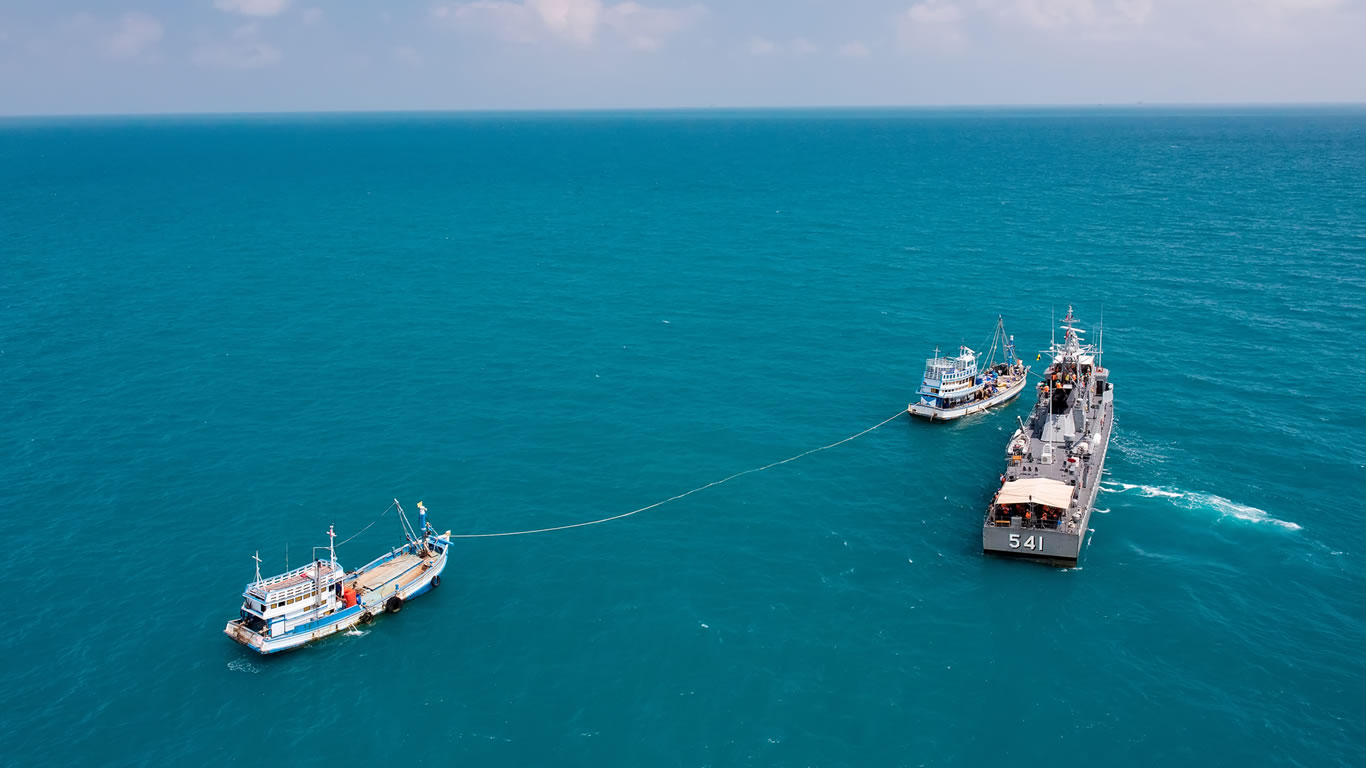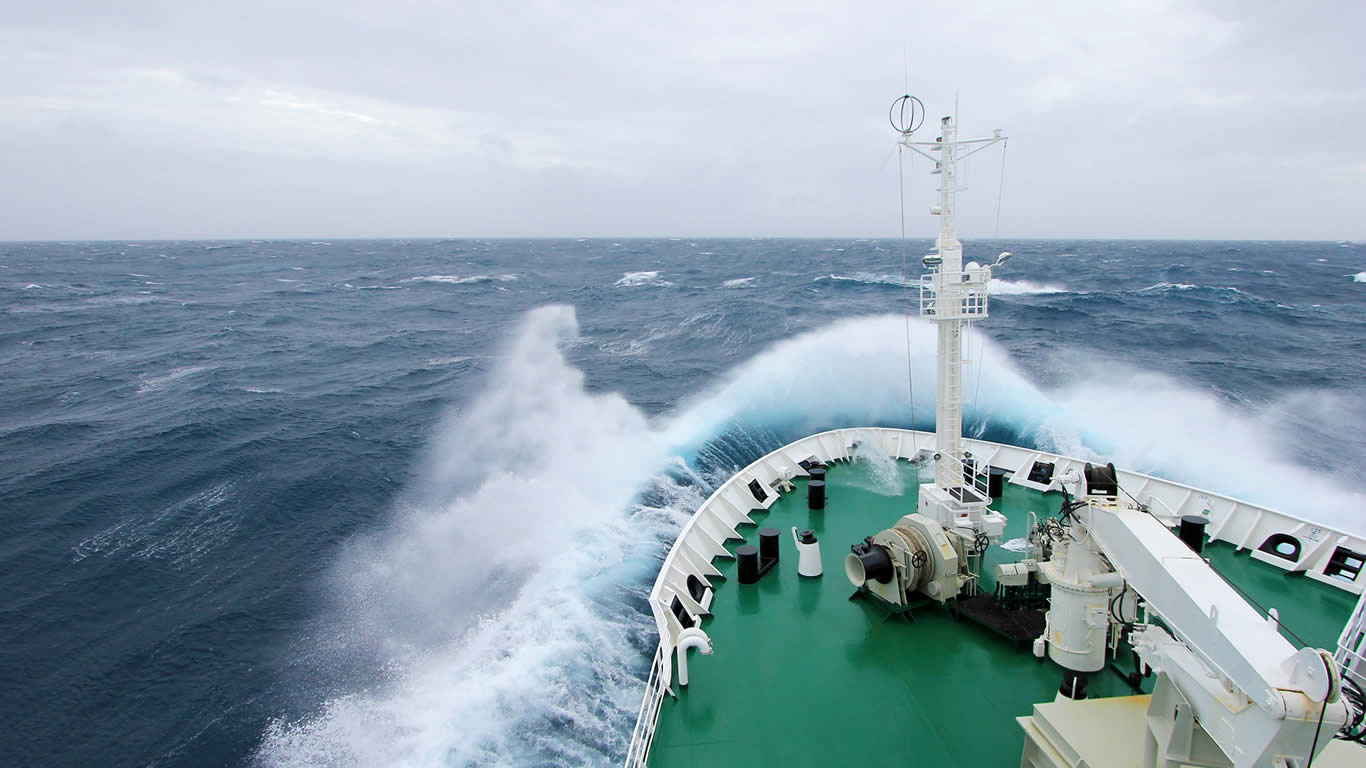EMSA’s role

In 2017 a Tripartite Working Arrangement (TWA) was signed by the three agencies defining the modalities of the cooperation, in accordance with the respective mandates and the financial rules applicable to each agency.
After four years of implementation of the TWA, the cooperation between the three agencies and Member States on implementation of joint projects and common synergies had deepened.
Interagency cooperation had become part of the daily work of EMSA, EFCA and Frontex and the cross-sectoral initiatives performed by two or three agencies have grown in importance and in scope to the point where they could benefit a wider number of authorities around the EU and beyond.
Therefore, considering those positive results, the Tripartite Working Arrangement was amended on 18 March 2021 and extended for an undetermined term.

The TWA foresees the establishment of a Steering Committee to manage the interagency cooperation in the five areas defined by the co-legislators, namely information sharing, surveillance services, capacity building, risk analysis and capacity sharing.
The Steering Committee is composed of the Executive Directors of EMSA, EFCA and Frontex and is chaired by each of them in rotation. It approves the Annual Strategic Plan for the implementation of the TWA, with a view to its submission to the respective governing bodies for adoption and subsequent integration in the single programming documents of the three agencies.
The Annual Strategic Plan is the basis for the development of the Annual Implementation Plan, defining in detail the activities that each agency will implement under the coastguard cooperation framework during the respective year.
Furthermore, under the TWA, three Technical Subcommittees (TSC) have been set up to manage the cooperation at technical level:

Through its extended portfolio of services, including the Integrated Maritime Services (IMS), the Earth Observation component and Remotely Piloted Aircraft Services (RPAS), EMSA provides the most complete maritime awareness picture in Europe.
Drawing on a vast range of data from multiple sources, the Agency’s services help to ensure the safety of maritime traffic, assist in improving response to accidents and dangerous situations at sea, and contribute to a better prevention and detection of pollution by ships.
Its maritime surveillance services support a better understanding and improved monitoring of activities at sea, within a wide range of operational functions such as maritime safety and security, fisheries control, customs, law enforcement, marine environment pollution monitoring, and others.
EMSA’s systems and thematic services are now a pivotal part of Member State monitoring, information and surveillance functions, and benefit an ever-expanding list of EU agencies and bodies.
For this reason, it has been agreed that EMSA should lead the interagency cooperation in the following areas:
- Providing surveillance and communication services based on state-of-the-art technology, including space-based and ground infrastructure and sensors mounted on any kind of platform.
- Sharing, fusing and analysing information available in ship reporting systems and other information systems hosted by or accessible to those agencies, in accordance with their respective legal bases and without prejudice to the ownership of data by Member States
EMSA also offers its services and actively participates in the projects managed under the remaining three areas of cooperation identified by the “common article” included in the Agency’s founding regulation:
- Building capacity by drawing up guidelines and recommendations and by establishing best practices as well as by providing training and exchange of staff
- Enhancing the exchange of information and cooperation on coast guard functions including by analysing operational challenges and emerging risks in the maritime domain
- Sharing capacity by planning and implementing multipurpose operations and by sharing assets and other capabilities, to the extent that these activities are coordinated by those agencies and are agreed to by the competent authorities of the Member States concerned.
The wider context of our work
Another important element when it comes to the scope of our cooperation is the EU’s Maritime Security Strategy (EUMSS), which aims to protect the strategic maritime interests of the European Union worldwide, such as overall security and peace, rule of law and freedom of navigation, external border control, maritime infrastructure (ports, underwater pipelines and cables, windfarms etc.), natural resources and environmental health, and climate change preparedness.
On 24 October 2023 the EU Council approved a revised EUMSS and its Action Plan. Building on the principles envisaged in its previous version, the revised EUMSS is a framework for the EU to take further action to protect its interests at sea, and to protect its citizens, values and economy. The revised EUMSS is implemented through an action plan addressing six new strategic objectives:
1. step up activities at sea;
2. cooperate with partners;
3. lead in maritime domain awareness;
4. manage risks and threats;
5. enhance capabilities;
6. educate and train.



